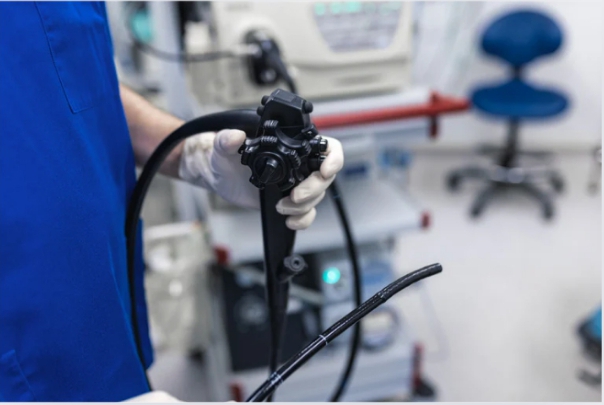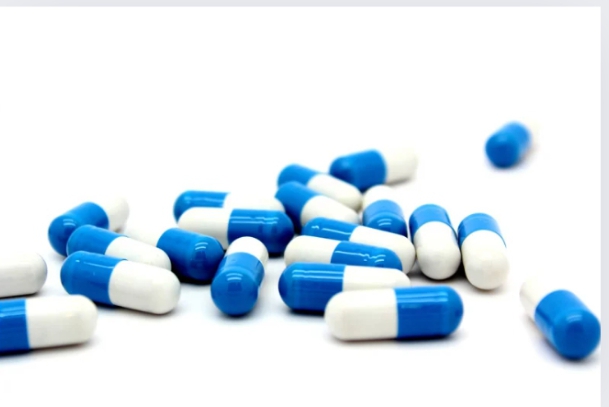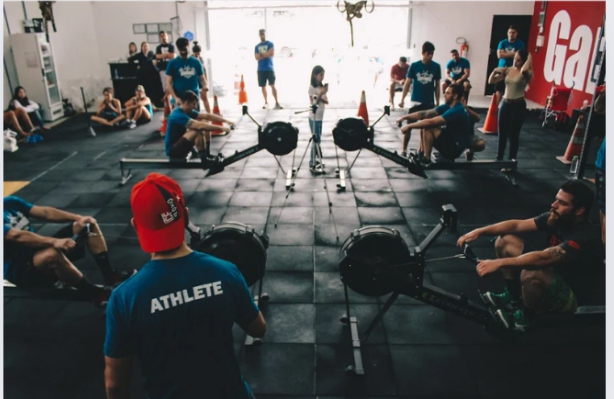1 Week Colonoscopy Diet Sheet: Your Guide to a Smooth Procedure

Introduction
A week before the colonoscopy, the patient must to believe a strict diet as described in the 1 Week Colonoscopy Diet Sheet. This guide will walk you through a detailed plan of the diet recommendations before your surgery in order to assist you with the process.
Understanding Colonoscopy and What is Colonoscopy?
Colonoscopy is a procedure in which a doctor is able to see the lining of the large intestine (colon and rectum). It is useful in identifying any irregularities including polyps, tumors or even inflamed tissues. In the process, a long flexible tube with a camera (colonoscope) is passed through the rectum to examine the colon.
Importance of a Colonoscopy
Colonoscopy is very important in the diagnosis of colorectal cancer and other stomach diseases. Screenings are important because many conditions can be treated when they are still in their early stages. It is a preventive measure that gives a sense of security and encourages the protection of one’s health.
The 1 Week Colonoscopy Diet and Sheet Purpose of the Diet Sheet
The first week diet sheet is mainly to prepare your colon for the procedure that is to be done. It is easier to see things clearly when the colon is clean; therefore, the diagnosis is more precise. This diet also assists in the reduction of the amount of residue in the digestive system, thus making the procedure easier and less painful.
General Guidelines
Stay Hydrated: It is recommended that you take a lot of water.
Avoid High-Fiber Foods: These can also deposit some matter in the colon.
Follow the Plan: It is recommended to follow the daily guidelines to the letter.
Day-by-Day Diet Plan
Day 1: First of all, it is recommended to take soft and light food for the first meal. Avoid heavy, greasy meals. Avoid fried foods, instead, take more of soups, broths and steamed vegetables.
Day 2: Increasing Fiber
Begin the cleansing process by taking more of fiber rich foods in your diet. You can take fruits such as apples and pears and vegetables such as broccoli and carrots and whole grain foods.
Day 3: Focus on Hydration
Try to consume more water, herbal tea, and clear broths as they are all clear. Avoid caffeine and alcohol. Staying hydrated is very important in the process of preparation.
Day 4: Balanced Nutrition
The patient should take a balanced diet with lean proteins like chicken or fish and fruits and vegetables. Do not take seeds, nuts, and whole grain foods.
Day 5: Low-Residue Foods
Shift to low-residue foods. This includes white bread, rice and pasta. Do not consume fruits and vegetables that are taken raw, rather, go for the cooked or canned ones.
Day 6: Clear Liquids Only
Gradually move to a liquid diet. This includes clear soup, gelatin, clear juice and water. Nothing that is solid should be consumed. This step is important in order to clean the colon.
Day 7: Pre-Procedure Preparations
Continue with clear liquids. Ensure that you follow the doctor’s advice on the medications or laxatives to take. This final day guarantees that your colon is cleaned up to the maximum.
Foods to Eat and Avoid Recommended Foods
Clear Broth: Chicken, beef or vegetable consomme.
Gelatin: Do not use the color red or purple.
Clear Juices: Apple juice, white grape juice.
Herbal Tea: Non-caffeinated options.
Water: Plenty of it.
Foods to Avoid
High-Fiber Foods: Grains, especially whole grains, seeds, nuts.
Dairy Products: Dairy products: milk, cheese, and yogurt.
Fruits and Vegetables: Unsalted and with the skin on or with seeds intact.
Red and Purple Foods: These can also cause staining of the colon.
Case Study: Real Experiences John’s Colonoscopy Journey
John, a 52 year old man, was anxious about his first colonoscopy. He was able to follow the diet sheet for 1 week and found that the preparation part was easier than he had expected. He followed the plan to the letter and made sure that his colon was empty and the procedure went as planned.
Lessons Learned
John understood the significance of water in take and belive to the diet recommendations very closely. His experience shows that if one prepares well for the procedure, then one is likely to have a more comfortable colonoscopy.
Common Concerns and FAQs
Can I Exercise During the Diet?
Normal activities including light exercise are usually allowed, but it is advisable to avoid intense activities as you get closer to the procedure date.
What If I Feel Hungry?
It is quite common to feel hungry especially when you are on the clear liquid diet. Staying well hydrated can also assist. It is best to consume herbal teas and clear broths as they are very calming.
Are There Alternatives?
In case of difficulties with the diet, contact your doctor. They may provide other suggestions for the preparation of the food or changes that can be made to the diet.
How to Stay Motivated?
Keep the end goal in mind: Therefore, it is recommended to have a clean colon for an accurate examination. Tell yourself that it is a temporary sacrifice for the sake of the future health.
Post-Colonoscopy Care
After the procedure, it is recommended to gradually resume the intake of solid foods. First of all, do not eat heavy and fatty foods and start with light and easily digestible foods. It is advisable to drink a lot of water and adhere to any other guidelines given by the doctor.
Conclusion
Adhering to a 1 week colonoscopy diet sheet is very helpful in making the colonoscopy process smooth and effective. such, by following the guidelines and remaining consistent, the colon will be clean, and the results will be accurate and beneficial to the health. Remember, this preparation is just the beginning to the process of achieving long term health and it is definitely worth it.




